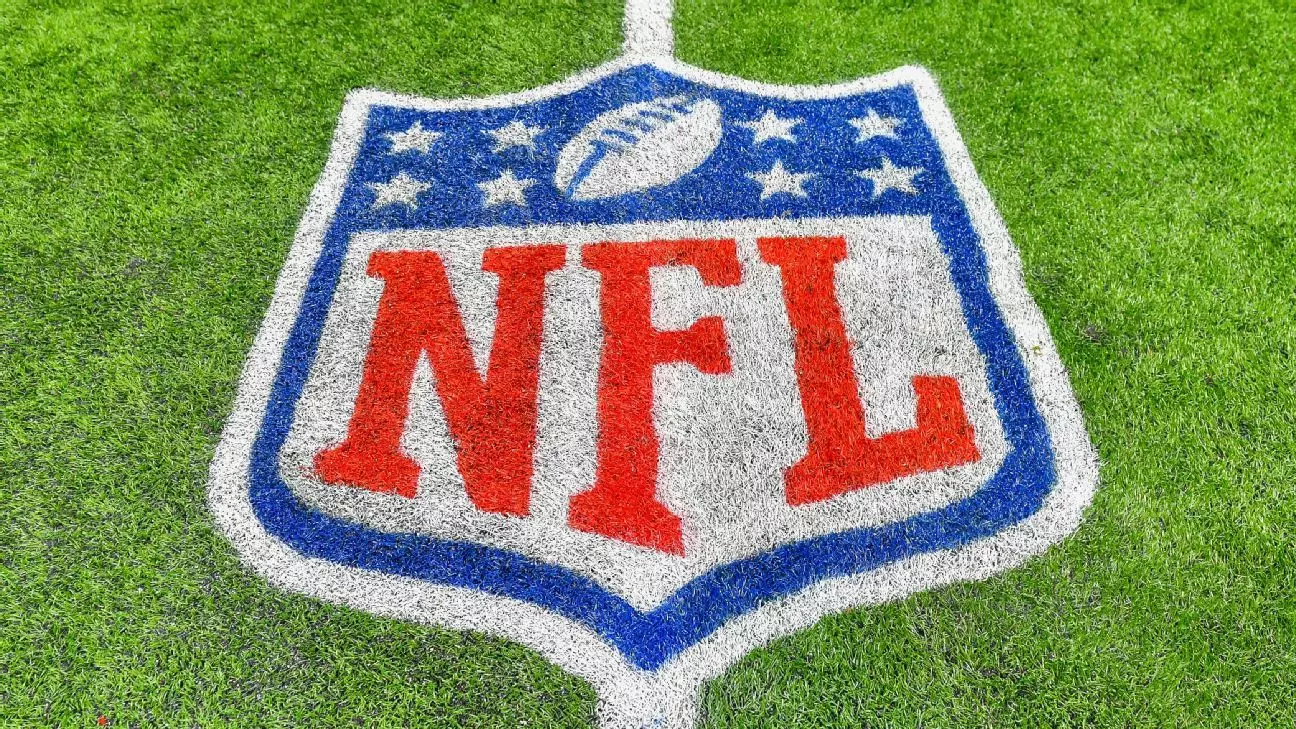The class-action lawsuit filed by “Sunday Ticket” subscribers against the NFL has come to the forefront of legal discussions following the jury’s award of $4.7 billion in damages. However, U.S. District Judge Philip Gutierrez has raised concerns regarding the jury’s calculation process. Judge Gutierrez pointed out that the damages awarded may not have been based on the evidence provided during the trial, as the jury did not adhere to his instructions concerning the reasonableness of assumptions in determining damages.
The federal jury found the NFL in violation of antitrust laws in distributing out-of-market Sunday afternoon games on a premium subscription service. The lawsuit covered a substantial number of residential and commercial subscribers who paid for the package on DirecTV. The lawsuit accused the league of selling the package at an inflated price and restricting competition by offering “Sunday Ticket” exclusively on a satellite provider.
Notably, the damages awarded by the jury did not align with the economic models presented by experts in the case. Instead of following the projections made by economists like Daniel Rascher and John Zona, the jury opted for a unique calculation method. By considering the list price of the package and the average amount paid by subscribers, the jury arrived at a significantly lower damages amount.
NFL attorney Brian Stekloff criticized the damages amount as “indefensible,” highlighting the discrepancy between the jury’s decision and the evidence presented in court. On the other hand, Marc Seltzer, representing the subscribers, defended the jury’s verdict, stating that the evidence supported their case from the beginning.
In response to the verdict, the NFL has expressed its intention to challenge the decision. The league maintains that the media distribution model for broadcasting games is fan-friendly and provides ample access to NFL content. The NFL’s statement emphasizes the availability of games on free over-the-air television, in addition to other viewing options for fans. The possibility of appealing the verdict opens up the potential for further legal proceedings in the 9th Circuit Court of Appeals and potentially the Supreme Court.
Moreover, the NFL faces the risk of tripled damages under federal antitrust laws, which could amount to a substantial sum. The league has stated its commitment to pursuing all available avenues in defense against the claims brought in the case. Any changes to the “Sunday Ticket” package or how the NFL broadcasts its Sunday games would be put on hold until all appeals have been exhausted.
The aftermath of the “Sunday Ticket” lawsuit verdict raises questions about the jury’s calculation methods, the adherence to legal instructions, and the potential implications for the NFL. The legal battle between the league and its subscribers is far from over, with appeals and further litigation looming on the horizon. The outcome of this case could have significant consequences for how sports content is distributed and accessed by fans in the future.


Leave a Reply